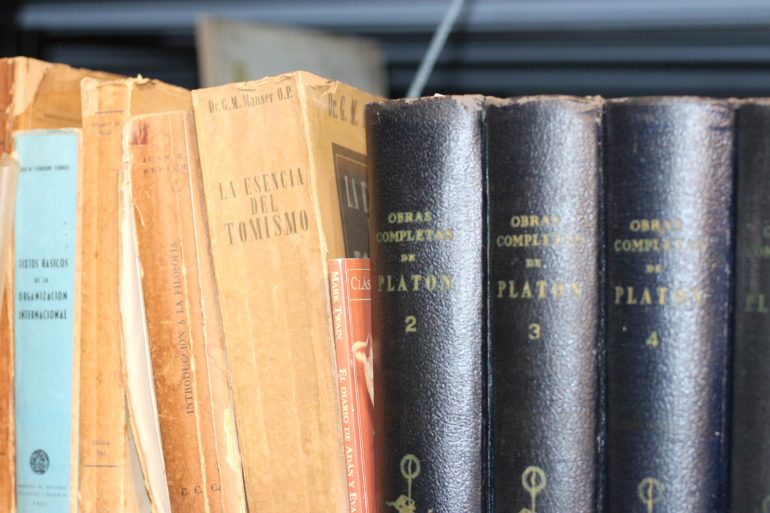Within the fascinating halls of the National Library of Paraguay, where the past waits patiently for the future to find it, the 138-year-old institution is taking on a new path. This transformation is being led by Marco Augusto Ferreira. The notable author and novelist brings a youthful vision to the country’s literary scene. His unique perspective as a writer leads him to redefine the library’s role. The aim is to transform the National Library of Paraguay into a welcoming cultural centre.
Ferreira’s work focuses on implementing new projects and policies that will shape the library’s future for the next 25 years. This is all driven by a powerful belief in the importance of preserving and sharing the nation’s entire written soul. He shares his thoughts and ideas with The Asunci;on Times.
Top missions
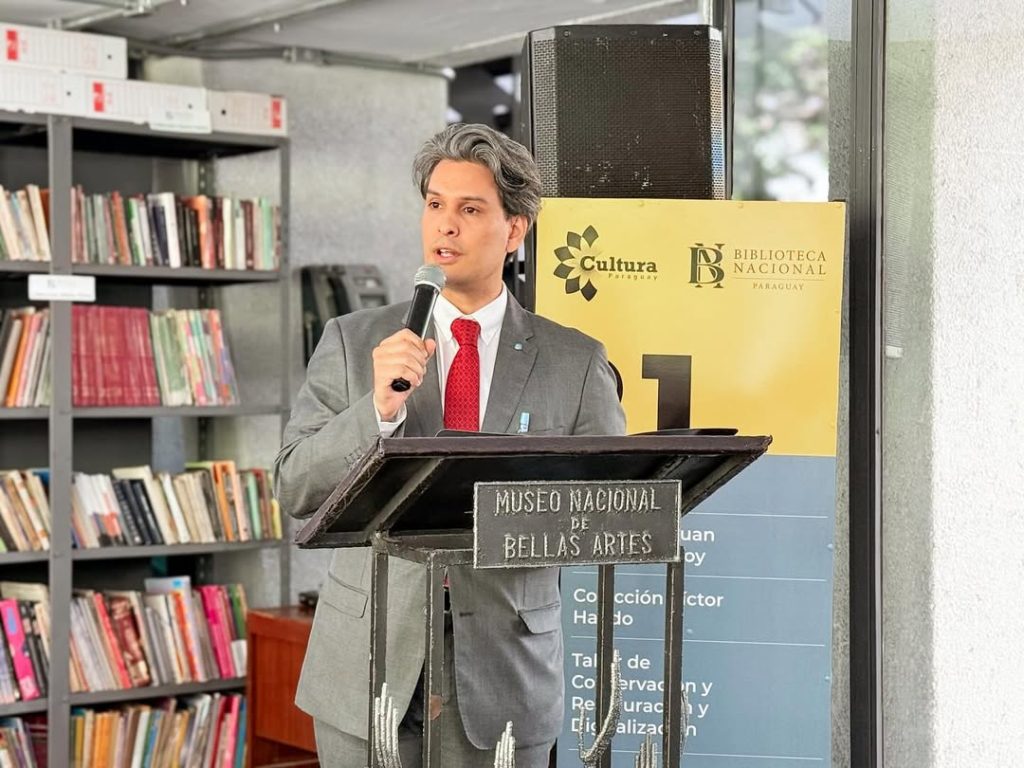
One of Ferreira’s top missions is to elevate the author as a cultural producer and generator of Paraguay’s national identity. “When people connect a literary work to the human story behind it, to the face behind the story, a vital layer of value is added to the reading experience,” he argues. “This inspires people to ask the author, “What inspired you to write this?”
This process creates a new type of closeness for the reader. They can know the birth or death of an author, or the publication date of a key work. This intimate connection to literature guided Ferreira’s unexpected journey. “To lead the institution, is to protect the written soul of the entire history of Paraguay.”
As a writer himself, he views his dual role as a great responsibility. Ferreira believes that the labour poured into every publication demands visibility and an audience. His goal is clear: “To bring back the pleasure of reading, and demonstrate that a passionate transmission of culture will always find an audience.”
The duty for society
Ferreira believes the institution’s primary responsibility to the Paraguayan people is accessibility. This means ensuring the library is a refuge where citizens can come to read, investigate, and discover, and whose extensive archives are fully accessible. “You want a space, a refuge where you can come to read. When you need to investigate something in particular; it has to be available.”
The library’s mission extends far beyond leisure. The archives are the sole source for information. Sometimes, the data is so specific that international researchers consult them daily. People can find everything from the fate of Korean migration in the 1950s to crucial historical data.
Nearly 450 books consulted monthly
The volume of work is immense, with an average of 5,600 periodicals and nearly 450 books consulted monthly. The readership is diverse, consisting of 60% to 70% Paraguayans and 30% foreigners. Recognising the workload, Ferreira extends an offer to functional public servants in other institutions. “I hope to arrange collaboration, as the library constantly receives external research requests. I believe that when you transmit a subject with passion, someone will always listen.”
As a concrete achievement, the ISBN agency has extended its operating hours until 18:00. The agency registers approximately 2,000 books annually. They are published in Spanish, Guaraní, Ayoreo, and Nivacle.
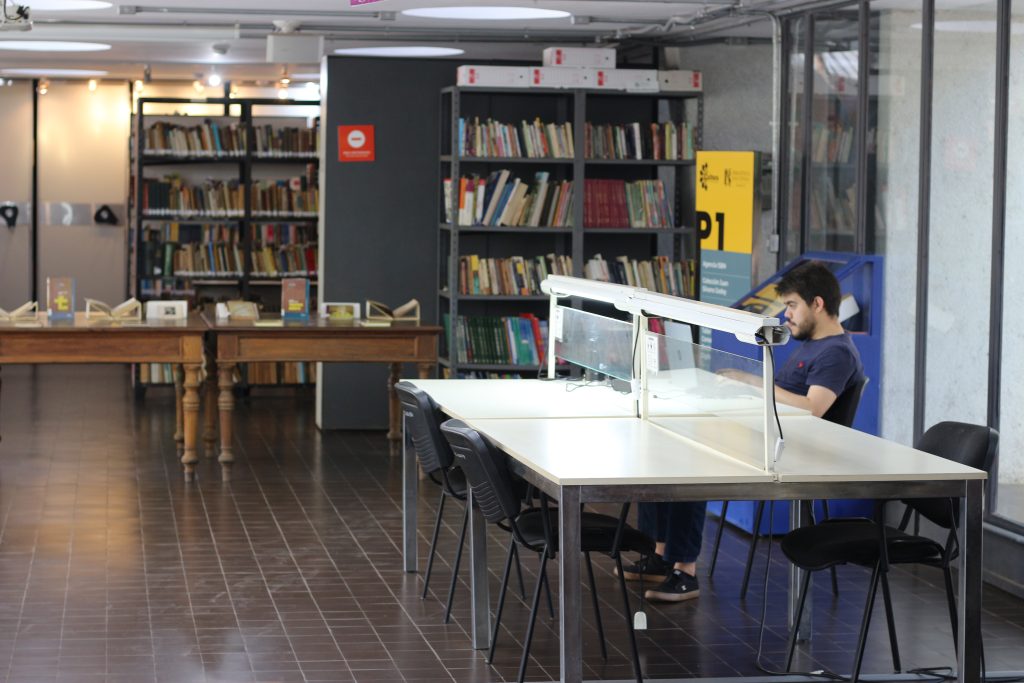
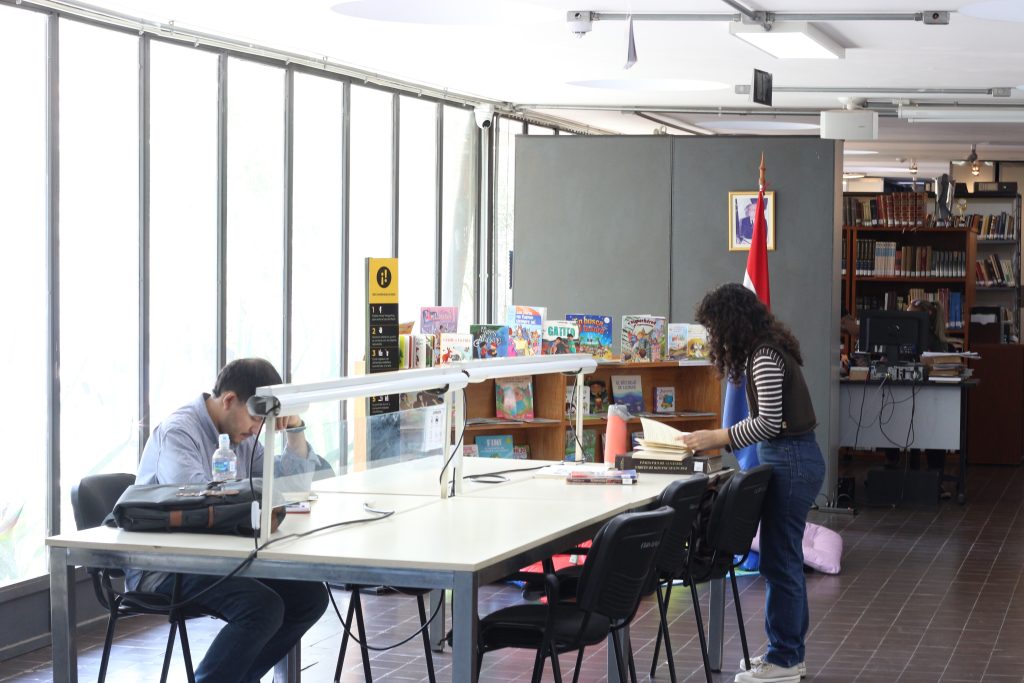
The library’s curiosities
Marco Augusto Ferreira readily admits that the library holds “treasures that we ourselves do not know.” Of the estimated 150,000 or more books in the collection, only a fraction is catalogued. This leaves thousands of books in the uncatalogued Fondo Antiguo (Ancient Collection). The collection also holds books from the 1600s.
He highlights two fascinating curiosities. Within the Juan Silvano Godoy collection, there is a book simply labelled “libro extraño” (strange book) on its cover. The book has no author or title, and its contents remain unknown because it cannot be opened until a full restoration process is possible. Another public treasure is an exact reproduction of the New Testament of the 1454 Gutenberg Bible. This six-kilogram book was donated to the library, making Paraguay the only country in Latin America to possess one of these rare copies.
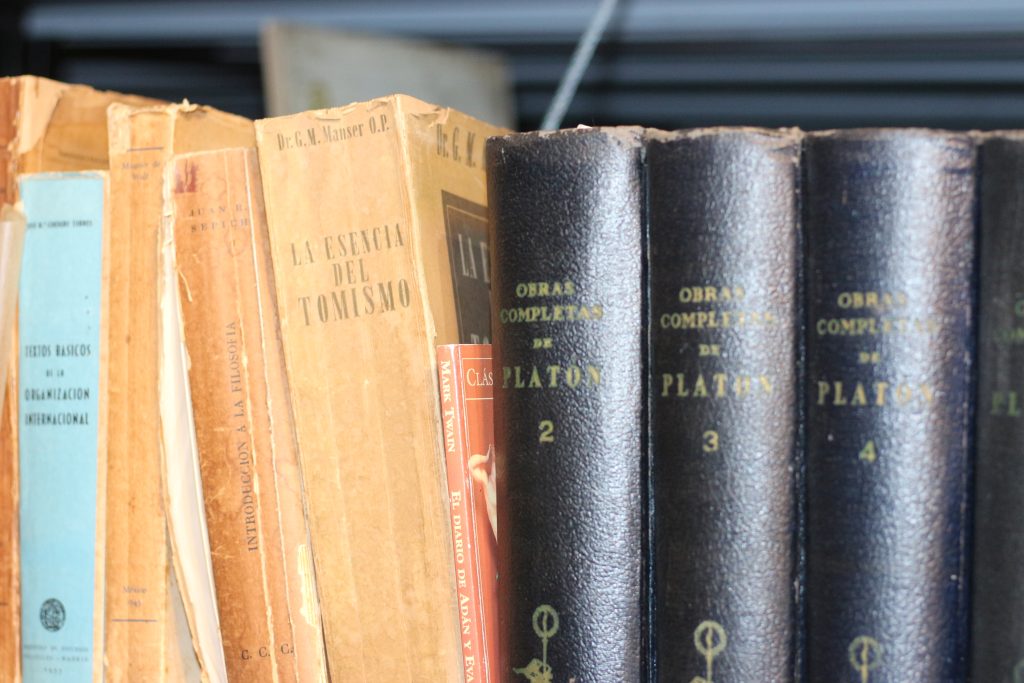
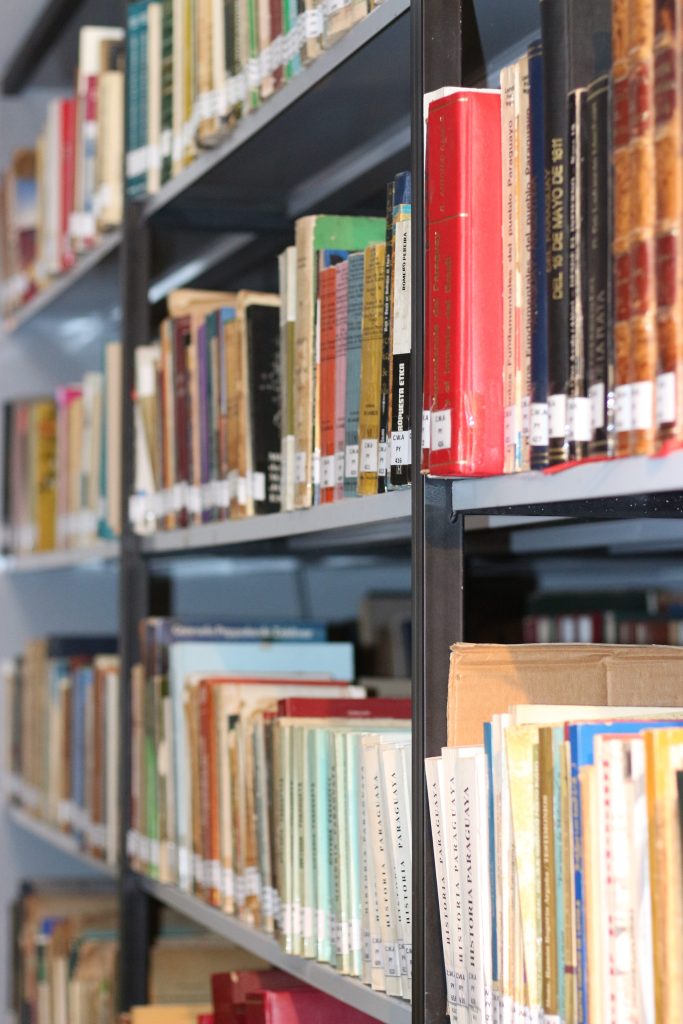
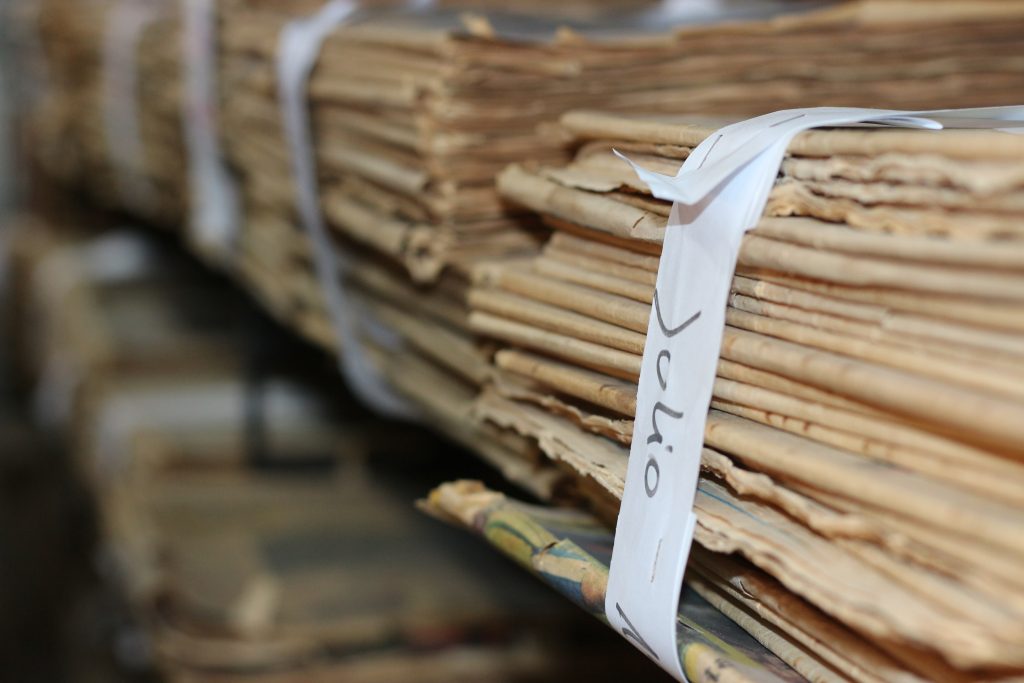
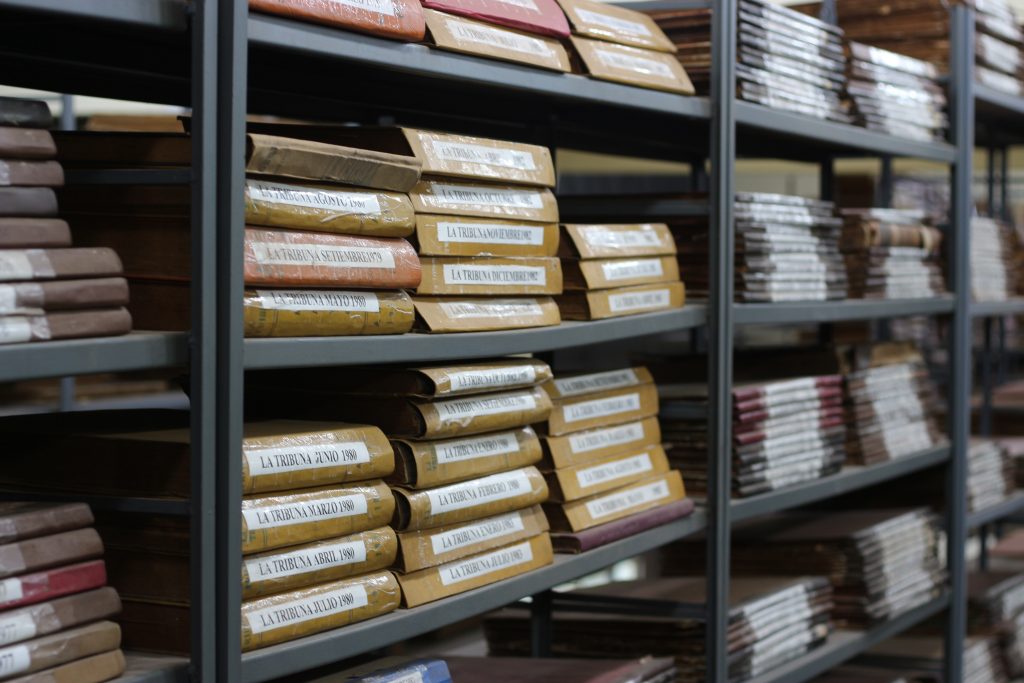
Ambition and legacy
Ferreira’s vision for the future is planned within the national culture program Cultura 2050. The aim is to ensure long-lasting policies that prioritise “full availability over hermetic conservation.” To make the library more dynamic, the director is focused on improving accessibility. They are also working to house their entire Braille catalogue (including donations for both children and adults). Furthermore, he hopes to create an infrastructure for children’s and young adult literature.
His ambitions include the digitalisation of everything. People in the countryside who lack physical access would be able to have books for seven days. Additionally, the creation of a National Digital Library of Contemporary Literature to bridge the gap between classic public domain works and modern authors. This digital library will allow Paraguayan writers to be showcased through a digital loan model. Also, the establishment of a unified catalogue for all 122 public libraries across Paraguay. This new system would enable citizens to locate any book in the national network.
Ferreira passionately defends the importance of preserving all physical knowledge. He explains that literature is a reflection of a specific sociocultural context. If an institution were to discard such a work, it would be “deliberately forgetting a fragment of your history.” The library’s role is to ensure the entire narrative is protected so future generations can examine any ideology in retrospect and avoid repeating the errors of the past.
Ultimately, being the custodian of the Paraguayan collective memory and imagination is a matter of “great responsibility, great pride, and a true honour.” As Marco Augusto Ferreira continues to lead this historic institution, his dedication ensures that the entire written soul of Paraguay remains accessible and protected for generations to come.
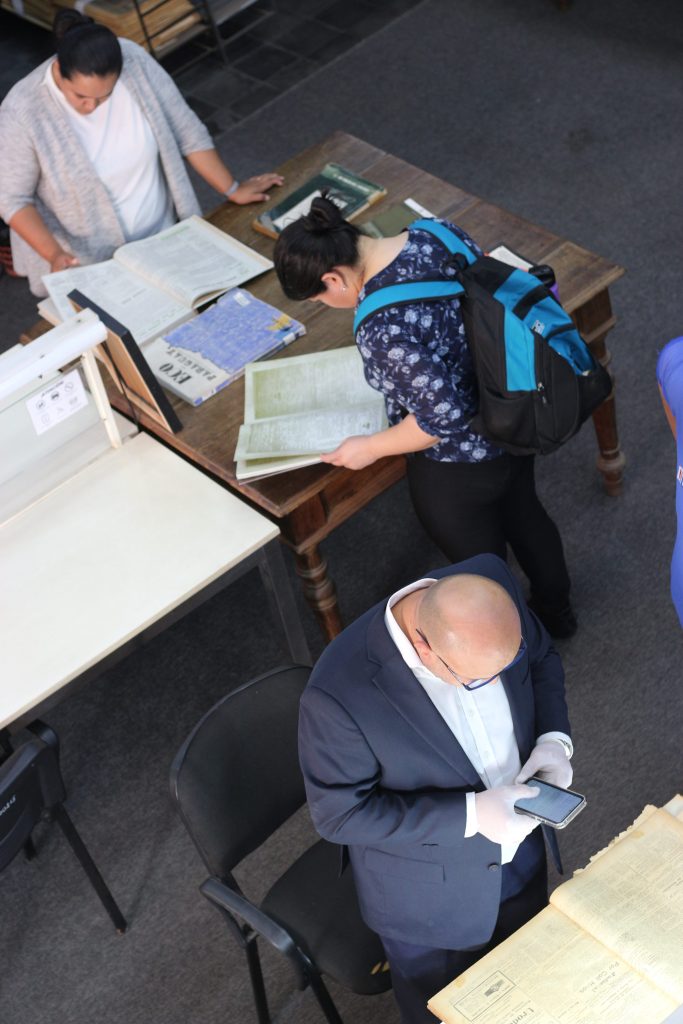
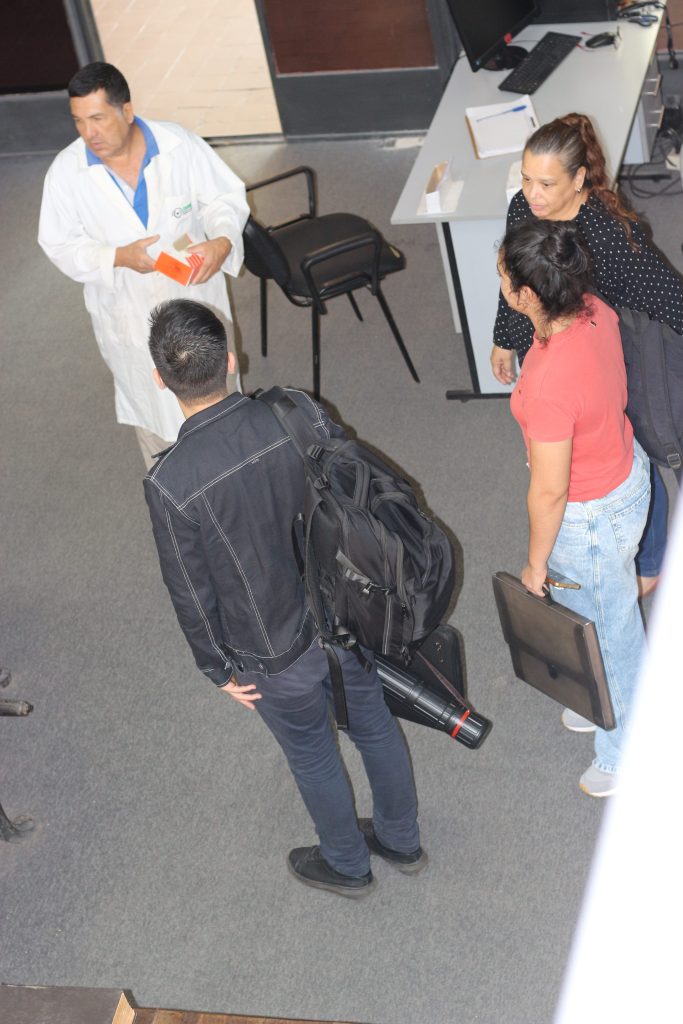
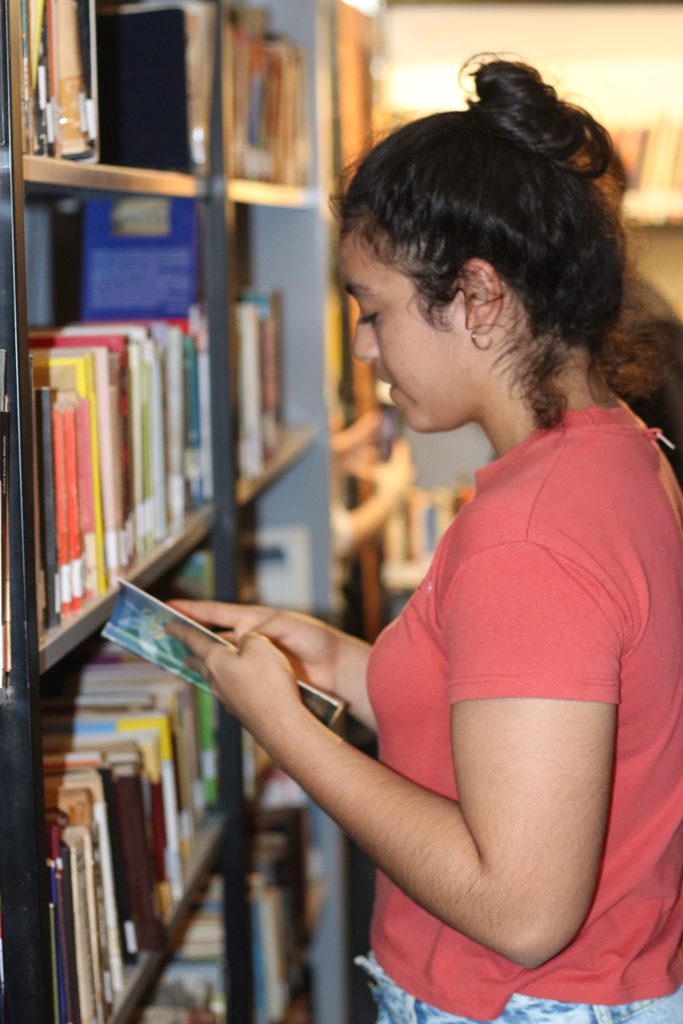
Read more: The Augusto Roa Bastos Library: A Sanctuary of Words and Memory in Asunción, Paraguay.

